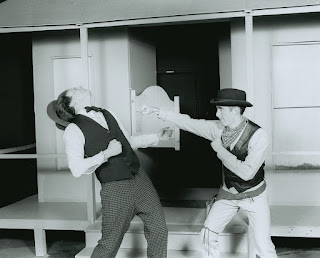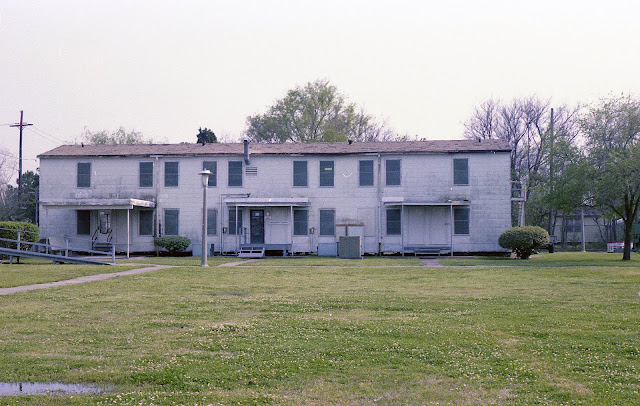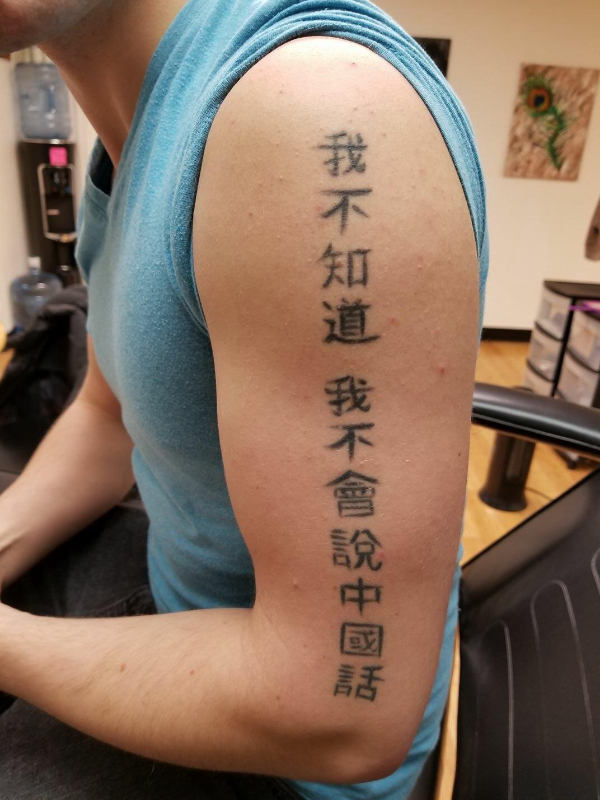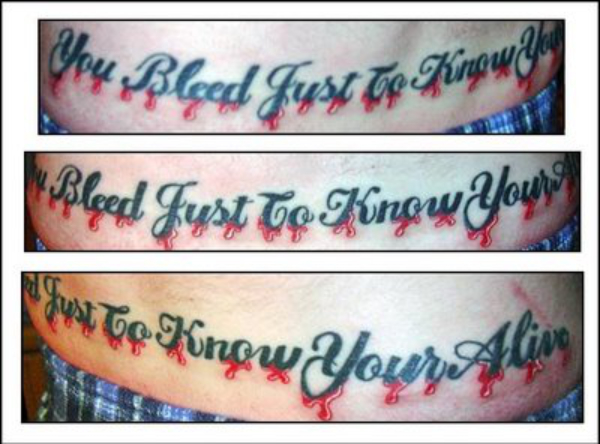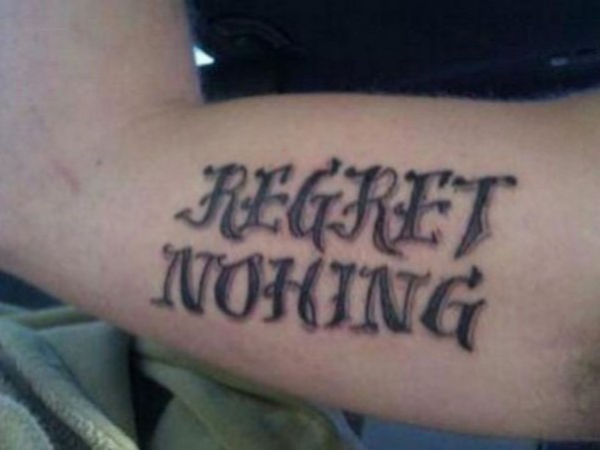A few days ago I finished writing my latest short story, a 5000-word mystery that I began a week earlier, and although I'll probably do a little more polishing on it before I send it out into the world, I'm satisfied that it's almost ready. And one thing I don't have to worry about is where to submit it. I knew that before I started writing it.
For years now, I usually have a market in mind as soon as I get an idea for a story. That wasn't the way I worked in the mid-'90s, when I first started writing shorts for publication. Back then I would almost always write the story first and only when it was complete did I start thinking about where I might send it. This is a conversation I've had often with Michael Bracken; both he and I started out thinking "story first, market later" and wound up changing at some point to "market first, story later."
I think that's what happens with most fiction writers. At first, just write the best story you can, no matter what the genre or theme is, and then when it's finished see where you think it might fit. Trying to tailor a story to a particular publication isn't something I think beginning writers should worry about. Eventually, after you get some publications under your belt and you get a good feel for what certain editors want (and build relationships with them), it's natural to start writing stories earmarked for those editors and those places.
I mentioned earlier that when I started out I "almost" always wrote the story first and then looked for place to sell it. The exception in my case was Woman's World, a magazine that has always wanted its stories to be a certain length and written a certain way. Even before they migrated in 2004 to their current "interactive" format, WW stories were different from others, so I always wrote those stories specifically for that market. Other exceptions, of course, are stories for anthologies, which are sometimes written to a certain theme or subject.
Another reason for choosing a target market first and then writing the story is payment. At some point you begin wanting to be paid well for your work. So yes, I like to write stories with places like WW, AHMM, EQMM, Strand, BCMM, Mystery Magazine, etc., in mind, and it's not just because I like their editors (which I do). NOTE: I'm still not sure what kind of payment is considered in the industry to be a fair rate, but I've heard some say it should be at least three cents a word. And if it's a flat-rate, one-time payment instead, it should be reasonable. Even if writing is more of a hobby for you than a business, writers should still be paid for what they produce.
BUT . . . I do occasionally send stories--reprints and originals--to publications that don't pay well, or pay at all. There are two reasons for that: either (1) it's for the benefit of a charity, or (2) I know and like the editor, who is often someone who's been kind to me over the years. It's for that second reason that I still submit stories now and then to Mysterical-E, Kings River Life, and other non-paying venues, and I plan to continue.
Which brings up some questions. Do you, if you write short stories, usually create them with a market already in mind? If not, how do you choose that market? Do you submit work only to those publications that pay? Do you use a top-down approach, and try the most prestigious or well-paying publication first? Do you ever submit stories to non-paying, online-only "e-zines"? Are those stories reprints, or do you send some original work? Is a magazine's or anthology's editor ever a factor in choosing a market? What do you consider fair payment? Have you submitted stories to anthologies that pay only in royalties? Just curious.
Meanwhile, I'm about to start a new story tomorrow--a "howdunit" mystery of about 3000 words (I think). Do I know now where I plan to send it? I sure do.
Whether they'll like it is another story . . .





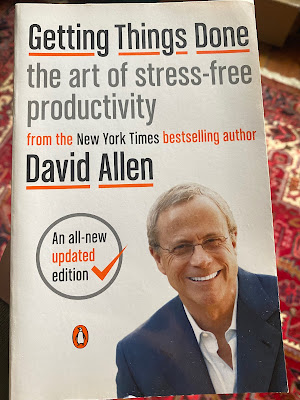







.jpg)

